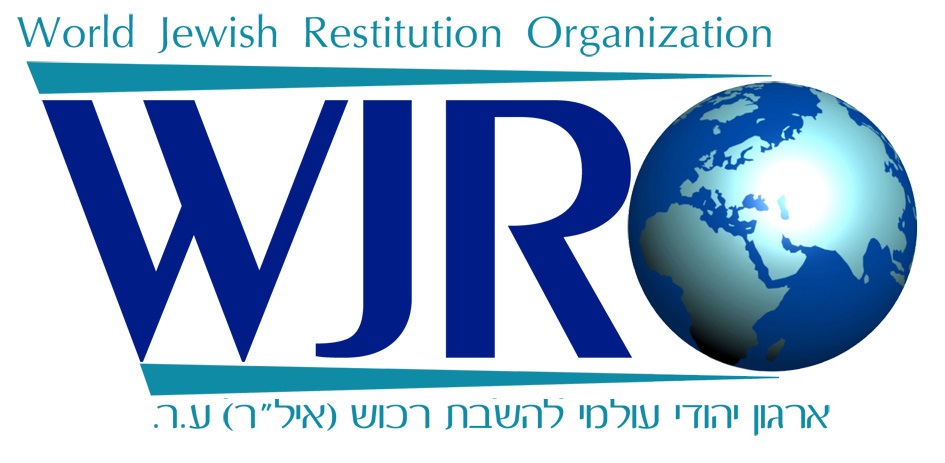 WJRO Slovakia Operations
WJRO Slovakia Operations

Bratislava Synagogue
Communal Property
Various Czechoslovakian laws, enacted 1990-91, as well as the Law On Reconciliation of Certain Abuses and Damages Caused to Church Property and the Property of Other Religious Institutions (1993), provide for the restitution of communal religious property confiscated by the Communist regime. Under the 1993 law, each of the ten Slovak Jewish communities, with an active Jewish presence, filed claims for communal properties located within their jurisdictions, while the Central Union of Jewish Religious Communities (UZZNO) filed claims for communal properties in locations where the Jewish community or association has perished.
Private Property
A number of laws provide for the restitution of private property seized by the Communist regime between 1948 and 1990. The laws, requiring Slovak citizenship and permanent residency, excluded most former Jewish property owners, since their property had typically been seized prior to 1948 and most Jewish survivors of the country are no longer Slovak citizens.

Slovakia Spanish Synagogue
In 2000, a Joint Commission was established – composed of government, as well as local and international Jewish representatives – whose mission was to address open restitution issues, including heirless property. Pursuant to a Commission recommendation, a special fund was created in 2002 for the indemnification of Jewish Holocaust victims. The government $18.5 million to the fund, purportedly representing 10% of the value of unrestituted Jewish property, not including agricultural lands, which had been taken during the Holocaust and never returned.
One-third of the fund was dedicated to symbolic payments for survivors (or their direct descendants) whose property had been confiscated during World War II. These survivors had not been eligible to receive compensation under the restitution laws, as they were no longer Slovak citizens or residents, and their property had been seized prior to 1948.
During the ten-year period from 2003-2012, interest on the remaining principal of the fund is to be used for cultural, social and educational programs for the community, as well as to renovate synagogues and maintain approximately 600 cemeteries. After 2012, any remaining principal is scheduled to be transferred to UZZNO.



